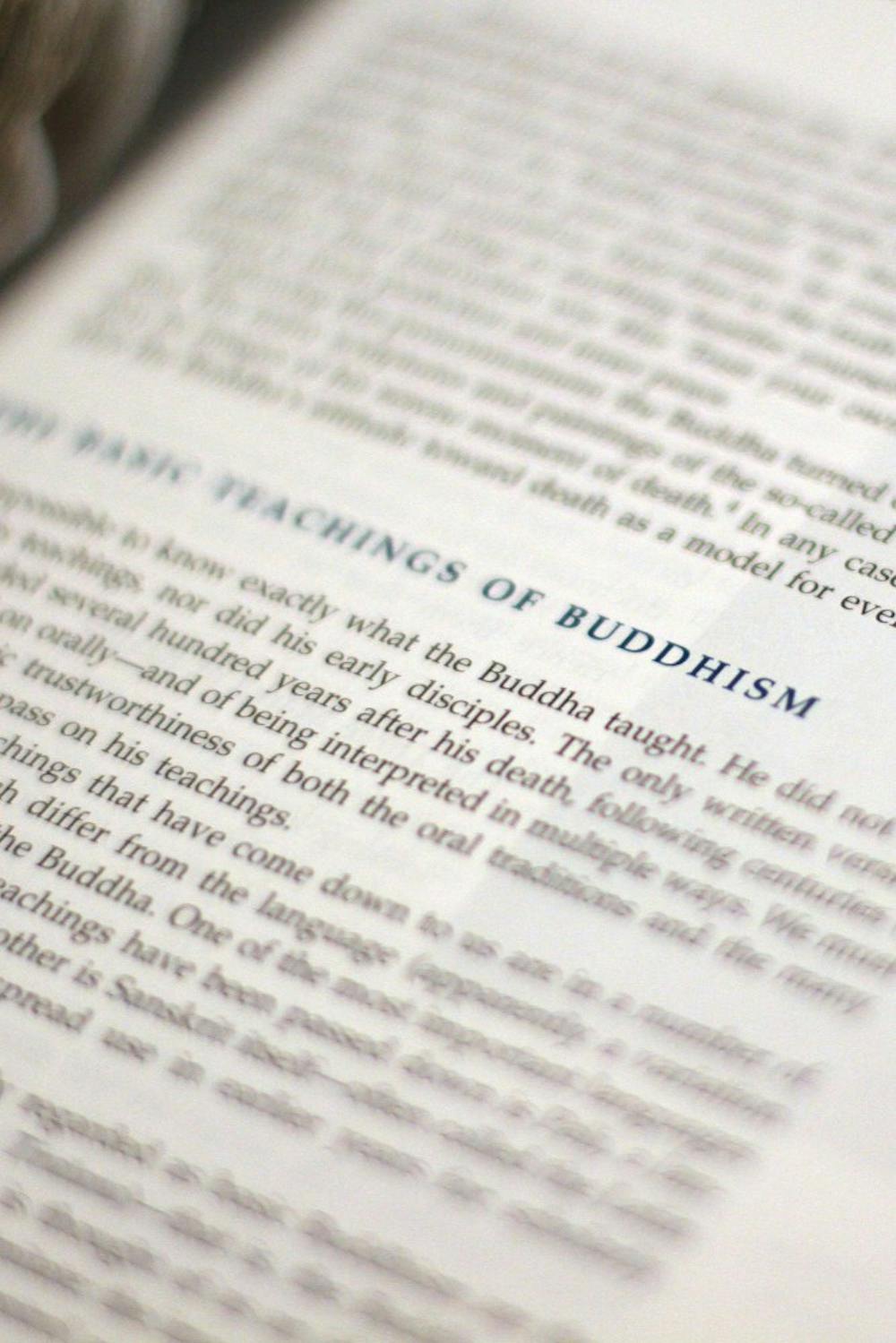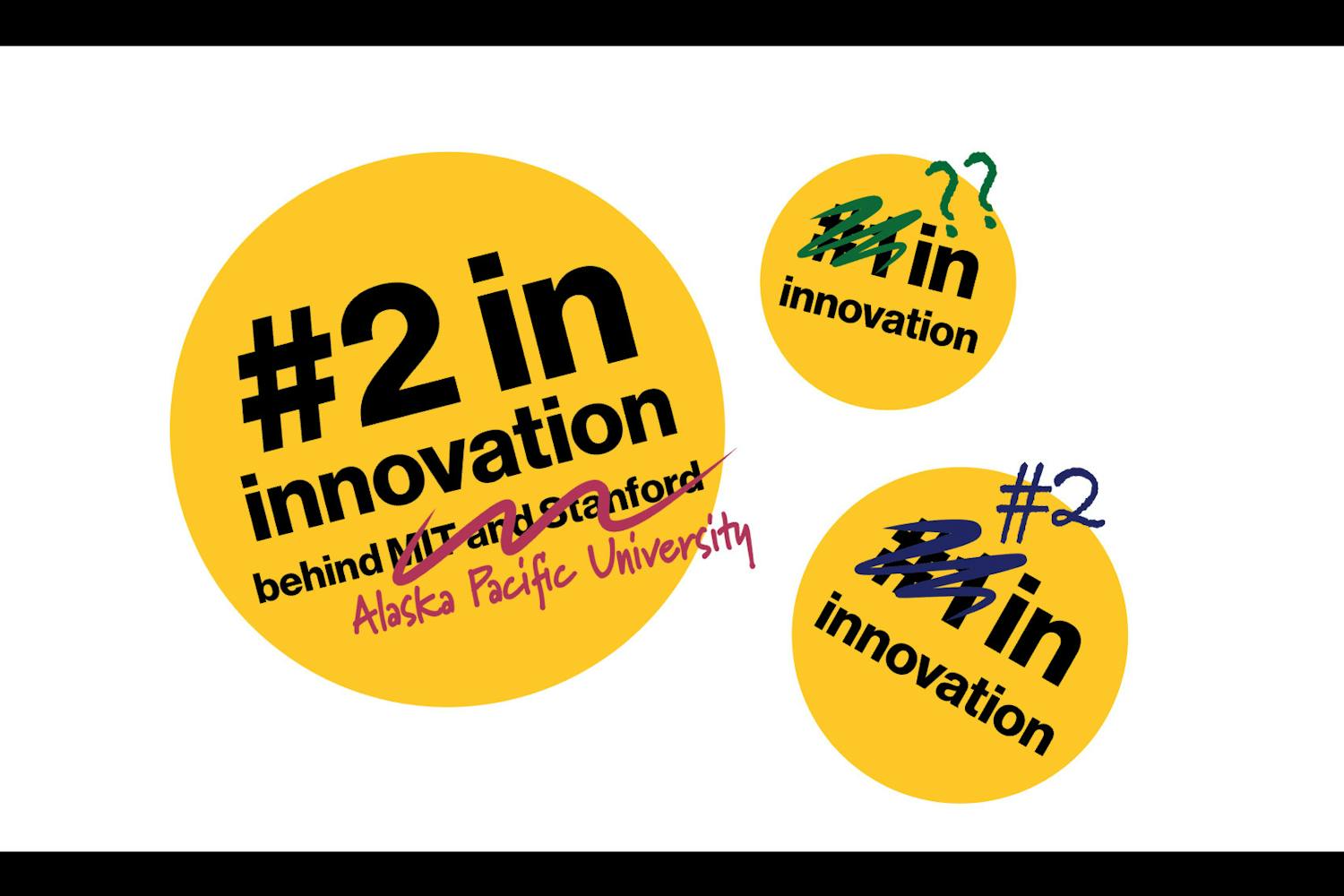
Leo Staley has been holed up in Hayden Library for hours and will be there until his eyelids droop with scholarly exhaustion. At least four more hours, he says, because that’s how many hours of translating he will do for his Greek class, which is centered on the task of reading through the entire biblical Gospel of John in Greek.
Staley is an aspiring Christian pastor and a religious studies junior at Arizona State University. The Greek class is not required for his course of study, nor is it a religious studies class, but he thinks it is crucial for his education and career path.
“One of the primary things about my Christianity is the Bible and understanding God and the rest of the world through the Bible,” Staley says. “In order to do that, you have to read the Bible in its original context. What I’ve attempted to use my religious studies (and language) courses here at ASU is to both gain a grounding of the Bible as well as acquiring a better way to speak about the religious experience.”
Staley is one of a multitude of students who take religious studies courses for reasons as diverse as themselves. Some are trying to satisfy a general studies requirement. Some have an interest in history and want to study religion in that context. Some, like Staley, use religious studies classes to explore their interest in religion – the academic study and history of it – while figuring out their own religious paths.
Angela Piazza, a journalism and mass communication senior, was raised Roman Catholic and attended a Catholic junior high and high school. Religious studies courses were mandatory and Piazza eventually became disillusioned by the concept of organized religion.
“After so many years of studying Catholicism and asking questions that could not be answered, I decided that I am not Catholic and do not believe in an omnipotent being that has a plan for me and the rest of humanity,” Piazza says. “After reading ‘Siddhartha’ by Hermann Hesse, I decided to explore other religions, but more so out of fascination rather than a desire to find a new one to belong to.”
After years of her own searching and after taking three religious studies courses at ASU, Piazza describes herself as an agnostic.
“I believe that religion was created by man to control the masses and to help any given society maintain a value,” Piazza says. “I do not, however, disagree with the primary ‘morals’ or messages behind major religions … I consider myself an agnostic, not because I believe in a possibility of a higher being, but because I disagree with atheists’ harsh – and most of the time ignorant – views of organized religions.”
Piazza’s experience is common, says Dr. Mirna Lattouf, who taught Piazza in a Women in Islam class.

“Many students are questioning the particular interpretation of their religion that they grew up with,” Lattouf says. “I differentiate to make sure that people understand it’s that (interpretation) and not particularly that religion.”
Lattouf says she is always willing to speak with students about what she teaches in her courses or religion in general. She is quick to point out, though, that she is an educator and not a guru.
“I’m not a spiritual leader or counselor,” Lattouf says. “My role as facilitator or guide at the college level is, I’m not here to tell them what to think but to give them the tools they need to think critically and decide what is best for themselves on their own.”
Soraya Sanchez, an ASU alumna with a bachelor’s in general studies, took five religious studies courses in an attempt to learn more about her faith, which is Catholicism, as well as others. She believes her classes gave her an intellectual foundation from which she could delve deeper into her questions about the divine and her religion’s interpretation of it.
“Academic learning gives you scholarly facts rather than traditional myths,” Sanchez says. “It is more based on evidence: they show you scholarly proof of things that happened. It is more of an unbiased form of educating you with facts rather than trying to influence you. Knowing the facts about any religion makes you be more connected to it.”
In many religions there is more than one spiritual path or way to achieve enlightenment or salvation. In Sufism, a mystical cousin of Islam, Sufis can practice different tariqas, or ways to connect with the divine – meditation, chanting, whirling, formal study, etc. For some religious-studies students, academic learning is a tariqa of sorts, a way for them to feel comfortable exploring questions about a higher power without committing to an orthodox view of any one religion and the more formal, religion-based education therein.
“To what extent students use the courses to explore and augment their own piety and religious interests – this is difficult to know as we generally do not promote our courses as serving this need,” says Joel Gereboff, the faculty head of religious studies, which is part of the School of Historical, Philosophical and Religious Studies. “They are meant to provide an understanding of various religious traditions and themes related to diverse religions.
“But we do have a sense, and at times this might emerge from some one-on-one conversations with students, that courses do provide a neutral setting for learning about various religious traditions, often including the tradition that the student him or herself adheres to, and provides a richer grasp of the history, views, social-political aspects of that and other traditions as well as a deeper appreciation of the ideas, stories, myths, etc. of that tradition. Students then in some cases reflect on that information in exploring their own religious identities.”
This has been the case for Staley, Piazza and Sanchez, whose education led them down different spiritual paths.
“I do not consider myself a devout or practicing Catholic, as many things I have done in my life are frowned upon by them, but it does somehow influence my beliefs,” Sanchez says. “I cannot be a full Catholic or a full agnostic, so I have no idea what I am. I believe in a supreme being, regardless if his name is Yahweh or Allah, but I do believe in the traditional saints that most Mexicans believe in, and I also have my own little altar and light a candle or two.
“I can never let go of the traditional Catholic stories and traditions,” Sanchez says. “However, I am far more educated on the subject and I have my own mindset and I know what I want to believe in.”
Contact the reporter at llemoine@asu.edu




